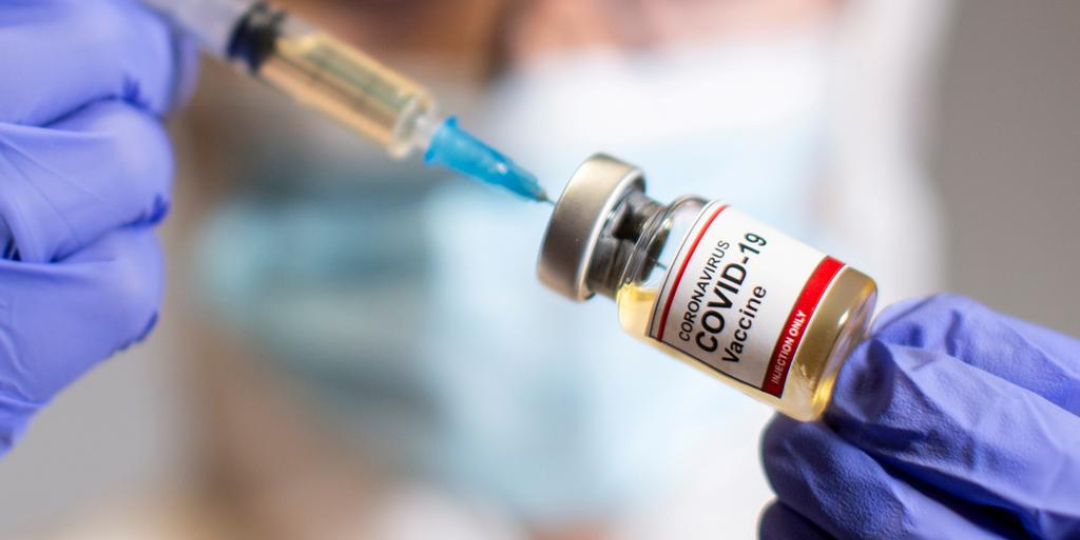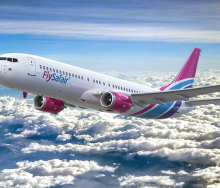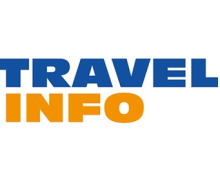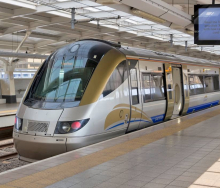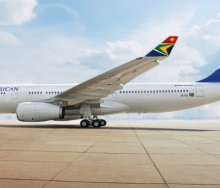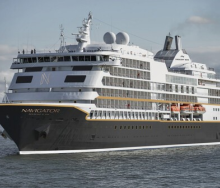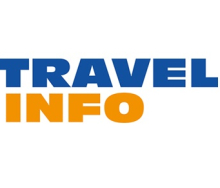With the South African government in talks about a potential vaccination mandate in certain sectors of the economy, there is a real possibility that local flights will be subject to these regulations, with a requirement for passengers to produce a vaccination certificate before flights.
FlySafair Chief Marketing Officer, Kirby Gordon,told Travel News: “The reality is that putting up any sort of barrier to getting the customer on an aircraft obviously does erode demand and the likelihood that passengers will travel.
“Realistically, if we look at the numbers out there (in terms of SA’s vaccination numbers), if we were to extrapolate that, what it means is that overnight we would lose 58-60% of our customers. So that isn’t ideal.”
Gordon said FlySafair had thought about the potential mandate. “We haven’t taken any action in terms of preparing for it, but it’s something that we’re conscious of, and we do know what we would do in terms of systems to accommodate that. To be honest, it’s pretty simple. It is much like what we had to do before, when we had to collect forms during lockdown.”
Paul Botes, CemAir Chief Commercial Officer, said the airline supported people’s right to choose whether or not to be vaccinated. “There appears to be a legitimate concern about effectiveness and side effects.”
He said that due to the low vaccination rate in South Africa, mandatory vaccinations would have a significantly negative impact on flight sales and the travel/tourism industry. “The notion that you will grow the sector by placing severe limitations on who may travel is fundamentally faulty.”
Brian Kitchin, Executive Sales and Marketing at Comair, said the carrier adhered to government regulation and guidelines and would continue to do so. “Comair does, however, support the view of exploring mandatory vaccination for certain sectors, events and places. This is a crucial step towards ensuring the safety of our passengers, our staff and the recovery of our economy and tourism industry.”
LIFT's co-founder and CEO, Jonathan Ayache, said the safety of its passengers and staff was a top priority. “Ensuring our country is fully vaccinated will benefit the tourism sector and the economy as it will unlock travel between South Africa and the rest of the world. We are currently in the process of getting all our staff vaccinated and this process will consider employees’ health, religious and other legal rights and seek to balance these with the rights of all our staff and the traveling public.
“In terms of passenger vaccinations, we will continue to take guidance from health authorities and follow travel policies set out by the government and SACAA.” He added that a key step in the process for both international and domestic travel would be the adoption of an electronic vaccine passport that would allow airlines, airports and other groups within the tourism and travel sector to accurately verify whether a person had been vaccinated or not.
An Airlink spokesperson told Travel News that the airline would comply with whatever the law was as set out by the government. “We encourage everyone to get vaccinated, and encourage all staff to get vaccinated where possible unless there is a legitimate reason not to.”
During a media briefing in December, Iata DG, Willie Walsh, said although Iata had not come to a decision on mandatory vaccinations in the airline industry, it did believe that airline employees should be prioritised for vaccination.
“At this point, where governments mandate vaccines, that’s fine, but we have not taken the view that the industry should mandate vaccines for employees or customers and that is principally because many of our customers, and indeed many of our employees around the world, can’t get access to vaccines. So mandating something that isn’t available is definitely not the right way forward.”
Travel News approached SAA for comment on the question of mandatory vaccination for domestic flights, but had not received a response at the time of publication.
